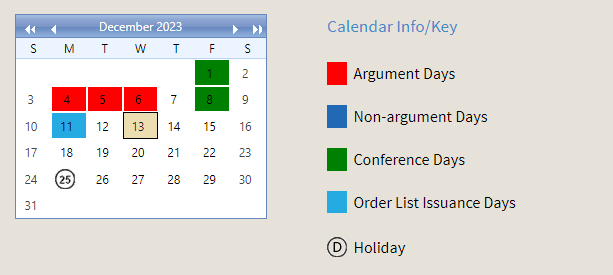I keep thinking about @jodikantor & @adamliptak's piece about SCOTUS--and specifically about the agreement to grant cert in Dobbs but conceal that decision from the public (and on the Court's docket) for months. 1/
As a result of that agreement, a case that 5 members of the court agreed to hear instead looked as if it was being held over for further discussion again and again and again and again. 2/
You might be thinking, "So what? Why is that such a big deal?" It matters to me because if the reporting is accurate, the Supreme Court docket was not, and purposefully so. 3/
If the justices can't be counted on to be transparent about a relatively mundane aspect of their decisionmaking process (other than their actual opinions) that we are entitled to see, what else are they concealing for the sake of their own reputations & "legitimacy"? 4/
It's one more disquieting signal that the Court is not healthy the night before Trump owes those same nine people a brief in a case pivotal to our democracy and the rule of law. FIN.
• • •
Missing some Tweet in this thread? You can try to
force a refresh

 Read on Twitter
Read on Twitter






